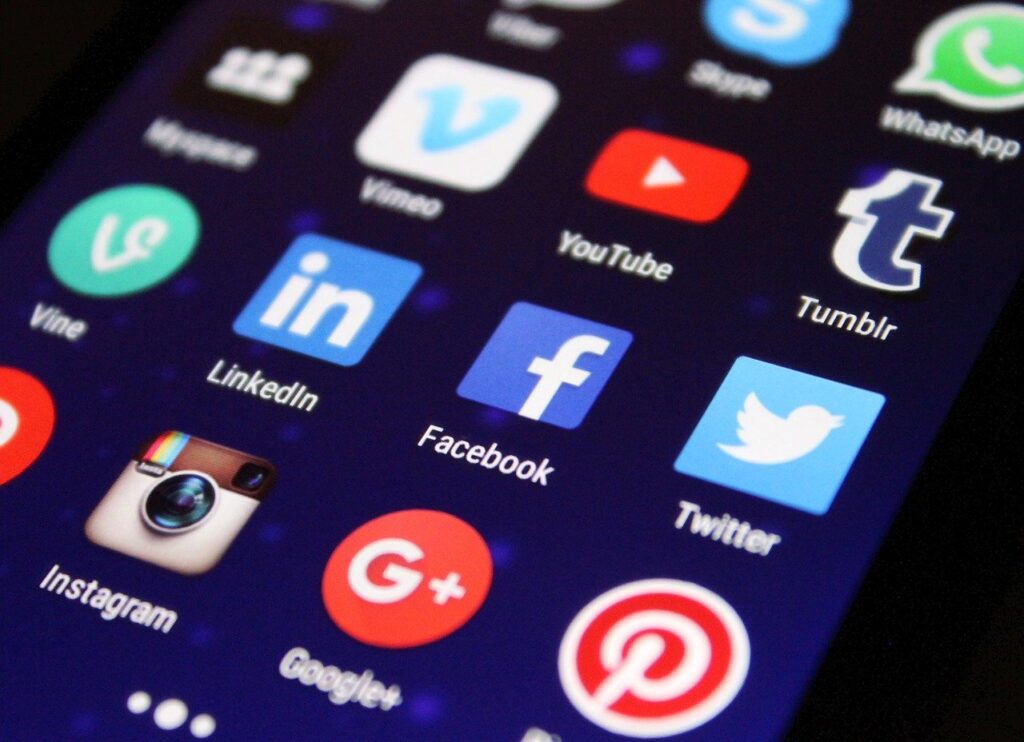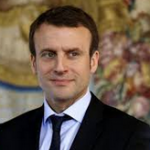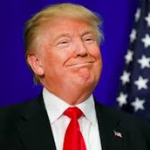

What do Martin Luther, the sixteenth century monk who fermented the Reformation across Europe in the sixteenth century, Emmanuel Macron, who came top of the first round of French presidential elections in April 2017, and Donald Trump, who needs no introduction, have in common?






They all beat the system. Luther faced a Europe dominated by the Catholic Church and corrupted by the selling of Papal indulgences, that is payments for the forgiveness of sins. Macron was facing the power of the traditional parties, Republican and Socialist, as well as the long-established alt-right National Front. Trump, likewise, the hierarchy of the Republican Party establishment and the Democratic Party. There were other outsiders who also did relatively well, such as the Far-Left candidate in France, Jean-Luc Melenchon and the radical socialist Bernie Sanders in the US. In the Netherlands, the anti-immigration/anti-muslimism candidate Geert Wilders polled too well for comfort. So what is behind their success? Is it anti-establishment populism, a contemporary ‘zeitgeist’, at work? Is it their personalities that appeal and make the difference? Is it a clever and more skilful use of the media? Is it a winning mix of all three?
It is certainly impossible to separate personality from popular appeal, especially when there are underlying issues that frustrate the people. It is impossible, for example, to separate the role of the charismatic student leaders in Tiananmen Square in Beijing in 1989 from underlying grievances arising from widespread and systemic corruption in China, or the role of the student leaders such as Daniel Coln-Bendit (“Dany le Rouge”, now a member of the European Parliament) in the student uprisings of 1968 in Paris, which rapidly spread across Europe (“Paris, London and Berlin: we shall fight and we shall win”) in response to what was widely perceived to be social inequality and bureaucratic stasis. But these two cases are telling. The only reason why the world learned of the student sit-in protests in Beijing was because the TV cameras were there to cover the visit to China of the Russian President, Mikhail Gorbachev. Student protests in 1968, followed by worker protests across Europe, were news media coverage every day.
Luther was perhaps the first great exponent of mass media to pursue a cause. On 31st October 1517, he posted 95 theses denouncing Papal indulgences on the door of his church in the German town of Wittenburg. He chose to use German, the language of the people, instead of Latin, the language of the Church. He had the theses printed. Seventy-seven years earlier Johannes Gutenberg had invented the hot metal printing press. By 1520 Luther’s theses had been through 25 printings. It was the spark that set the European Reformation alight. Macron did not post any theses as such, but, as the headline in the British daily The Telegraph put it, “Social media goes mad for Macron.”[1] A combination of media-genic good looks, an appealing personality that suggests honesty and humility, and above all no previous experience as part of the political bureaucracy, put him ahead of the rest. As for Trump, the US Election became Reality TV writ-large, and simultaneously writ small in Twitter. He played to his strength. He may not be intelligent, but he is clever.
So where do we end up? Since Gutenberg, the world has become inundated with information, disinformation and misinformation. Facts have been around for some time, but then came Donald Rumsfeld’s known knowns, known unknowns, unknown knowns and unknown unknowns. The new Donald has penetrated the knowledge abyss even further. Trump’s ‘knowns’ seem to be garnered mostly from Fox News, a fountainhead of ‘alternative facts’ being transfused into public discourse. It would appear from White House statements that ‘alternative facts’ are not to be confused with ‘fake news’. Maybe the distinction here is meant to be between honest factual errors in reporting and genuine pure ignorance on the one hand, and deliberate concoction on the other. But this way of looking at things ignores an important point. The world of ideas, thoughts, concepts, is binary. On the one hand, there are ideas about mega-trend issues, potentially transformative ideas. Luther fits this bill. On the other, and just as profound, there are creative ideas of a technical nature. Keynes and Friedman had different ideas of a technical nature about the way economies work. Einstein and Bohr had different ideas about the realities of quantum physics. Picasso and Duchamp battled about form and purpose in painting. These ideas transformed their respective arts and sciences, but their discourse, while being informed with world views, was ultimately technical. The two worlds of mega-trends and technical thinking overlap but are not co-terminus. Losing sight of the distinction could be dangerous, exactly the point professional scientists have been protesting globally.[2] It’s a distinction social media seems too often incapable of making. No amount of social media will undo the harm of a world view based upon an ‘alternative fact’ that leads to illiterate economic policies,[3] bad science and, God-forbid, wrong-headed military stratagems.
[1] The Telegraph ‘’The French Trudeau’: Social media goes mad for Macron’ 24 April 2017 https://www.telegraph.co.uk/news/2017/04/24/french-trudeau-social-media-goes-mad-macron/
[2] Time ‘Why Scientists Are Joining the March for Science’ 21 April 2017 https://time.com/4749221/science-march-scientists-partisan/
[3] Martin Wolf ‘Dealing with America’s trade follies’ 19 April 2017 https://www.ft.com/content/fca7e9a4-2366-11e7-a34a-538b4cb30025